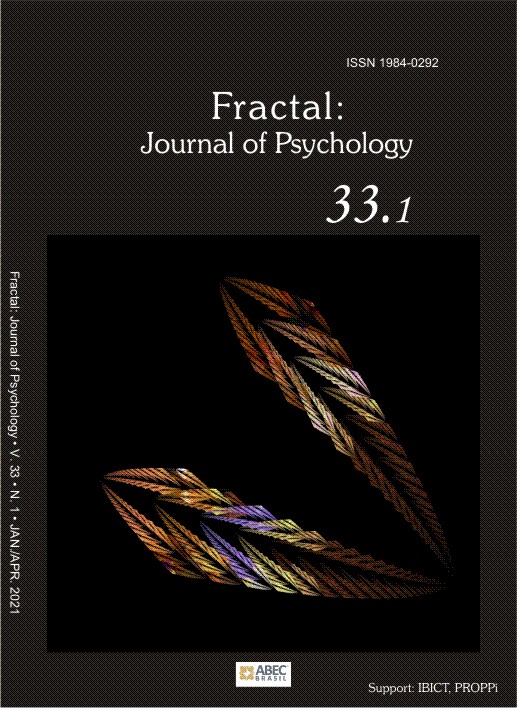Literary writing process
the coemergence of the work and the author
DOI:
https://doi.org/10.22409/1984-0292/v33i1/5851Keywords:
writing, subjectivity production, literatureAbstract
The subject-matter of this paper is the process of literary writing, seeking to understand it according to its collective aspect. This theme emerged from the contact with interviews in which writers comment on their creative process, showing that writing is not an individualized process brought about by a personal story, but a creation in which several vectors take part: technological, economic, aesthetic, etc. This contradicts two ordinary conceptions: the first states that the "spirit of time" determines the text, whereas for the second one the writer is the origin of the work – where he expresses his experiences and desires. Taking Roland Barthes’, Michel Foucault’s and Roger Chartier’s discussions about the author as a starting point, we seek to show that the idea of the text as a result of an individualized entity is not natural or obvious, having emerged around the seventeenth century, in order to punish those who wrote texts considered dangerous.
This paper also investigates the main approaches of language studies in order to identify its implications for the understanding of writing. Therefore, it analyzes formalism and its emphasis on the invariants of language. According to formalism, literature is a case of speech, obeying the rules of the language. In contrast to this approach, we turn to the pragmatism of John Austin, which emphasizes the productive aspect of language and argues that statements are able to modify the empirical world, provided that they are pronounced in favorable situations. Still dealing with the pragmatic approach, we turn to Gilles Deleuze and Felix Guattari. For them, a statement is not a matter of combinatorial rules of the language, but is capable of causing major changes in the language. In addition to that, statements can transform the empirical world even if there is no convergence between what is said and the social conventions.
Deleuze and Guattari, as well as Blanchot and Foucault, focus on the relation of literature with resistance to domination practices, although with different nuances. Blanchot emphasizes the strangeness produced by the parole essentielle, as opposed to the familiarity of the parole brute. Foucault emphasizes the difference between speeches that allow the production of new speeches in opposition to those that end in themselves. Finally, Deleuze and Guattari focus on the major and minor uses of the language: the first has a lower coefficient of deterritorialization, while the latter is more permeable to destabilization.
Somo of the writers whose interviews helped us think about the literary creation were: Milton Hatoum, Gullar, Carola Saavedra, Jorge Luis Borges, Ernest Hemingway and Christopher Tezza. Finally, the research conducted throughout this dissertation gave me ideas to write new stories of my own, some of which I have inserted between its chapters.
Finally, based on John Dewey it is concluded that, so that aesthetic experience can take place in writing, there is a need for balance between passivity and activity. Thus, the writer needs to write, but also to be guided by what he perceives of his work: he is a writer and a reader simultaneously. So the creational process is neither an account of his life nor an invention ex nihilo, since it is also a subjectivity production process, relating to co-emergency of the artwork and the author.
Downloads
Additional Files
Published
How to Cite
Issue
Section
License
Copyright (c) 2021 Veronica Torres Gurgel

This work is licensed under a Creative Commons Attribution 4.0 International License.
Authors publishing in this journal agree to the following terms:
- Authors retain copyright and grant the journal the right of first publication, with the work simultaneously licensed under the Creative Commons Attribution License allowing sharing of the work with acknowledgement of authorship of the work and initial publication in this journal.
- Authors are permitted to enter into additional contracts separately for non-exclusive distribution of the version of the work published in this journal (e.g., publishing in an institutional repository or as a book chapter), with acknowledgment of authorship and initial publication in this journal.

This work is licensed under a Creative Commons Attribution 4.0 International License.
To the extent possible under the law, Fractal: Journal of Psychology has waived all copyright and related rights to the Reference Lists in research articles. This work is published in: Brazil.
To the extent possible under law,Fractal: Journal of Psychology has waived all copyright and related or neighboring rights to Reference lists in research articles. This work is published from: Brazil.







